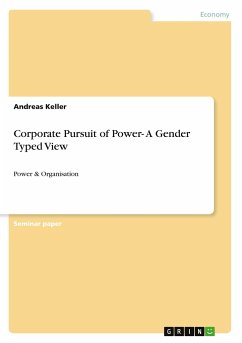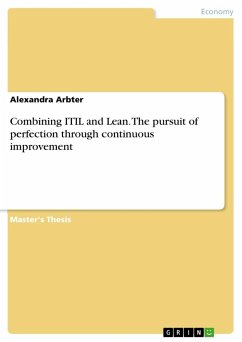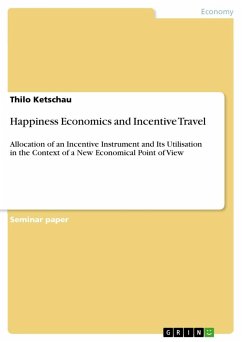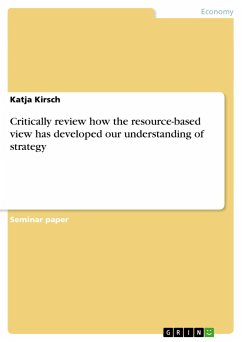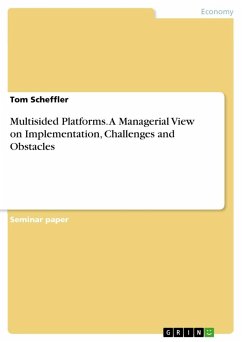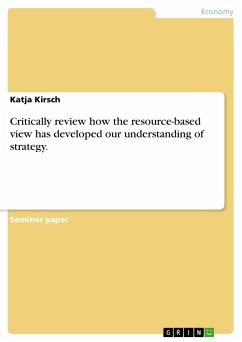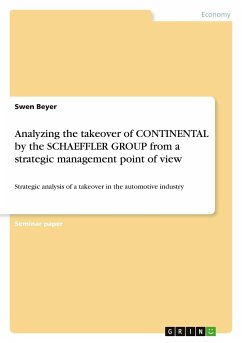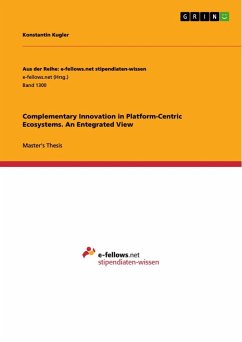Seminar paper from the year 2004 in the subject Business economics - Business Management, Corporate Governance, grade: 1.2, University of Strathclyde, language: English, abstract: Power can be found throughout history in all kinds of organisation. Initially in the ancient world, power within groups, i.e. in clans, was determined by factors closely related to physical strength. Obviously, in today's societies, corporate structures are derived from other factors. Corporate hierarchies within organisations are establish based on various "unambiguous or explicit" and "unspoken or implicit" criteria such as past success, professional experience and education (unambiguous), or age and political behaviour (unspoken). A study done by McClelland et al. (in Weiss,p.102i) refers to- Socialized power; used to benefit others and the organisation, and- Personalised power; only used primarily for one's own personal gain or benefit.Without power, people cannot plan or achieve goals, and without varying degrees of power among individuals, it would be impossible to motivate or manage others, mobilise resources or protect individual rights (Weiss,2001,p.234). Empirical research on power also makes a gender distinction, pointing to the different career paths of men and women. Power is, by nature, a rare commodity and beyond the grasp of most women and men, but still it is almost exclusively in the hands of men (Morris, 1994ii).
Hinweis: Dieser Artikel kann nur an eine deutsche Lieferadresse ausgeliefert werden.
Hinweis: Dieser Artikel kann nur an eine deutsche Lieferadresse ausgeliefert werden.

